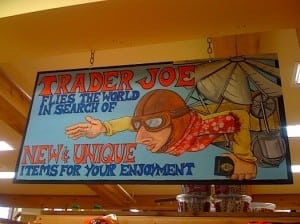
Wait a minute – too perfect? Businesses spend countless hours trying to get everything right. Retailers obsess about store layout. Entrepreneurs hone their pitches. Quick service restaurants optimize everything down to the ideal ice to soda ratio. Brand guidelines detail everything from the optimal colors to the best distance from logo to tagline. In many organizations, marketing itself is defined by an unwavering obsession with brand consistency. Yet there are plenty of signs that things are changing.
Perfection is no longer the ticket to success it once seemed.
For years, reality television has offered a less scripted (though still exaggerated) form of entertainment. Even the ultimate form of perfect story – the fairy tale – has changed. Shrek made the hero an Ogre. Despicable Me and Megamind makes him a GOOD bad guy. Even at the Academy Awards this weekend, three of the most popular (and predicted to be the most awarded) films are “real” stories – Lincoln, Zero Dark Thirty, and Argo. So, what does it all mean?
Being real has become the ultimate competitive advantage.

What Trader Joe’s has figured out about offering a great experience is something every brand should consider … sometimes being perfect isn’t as important as just having a real personality and being yourself.







WE RECENTLY REMOVED COMMENTING - LEARN WHY HERE >